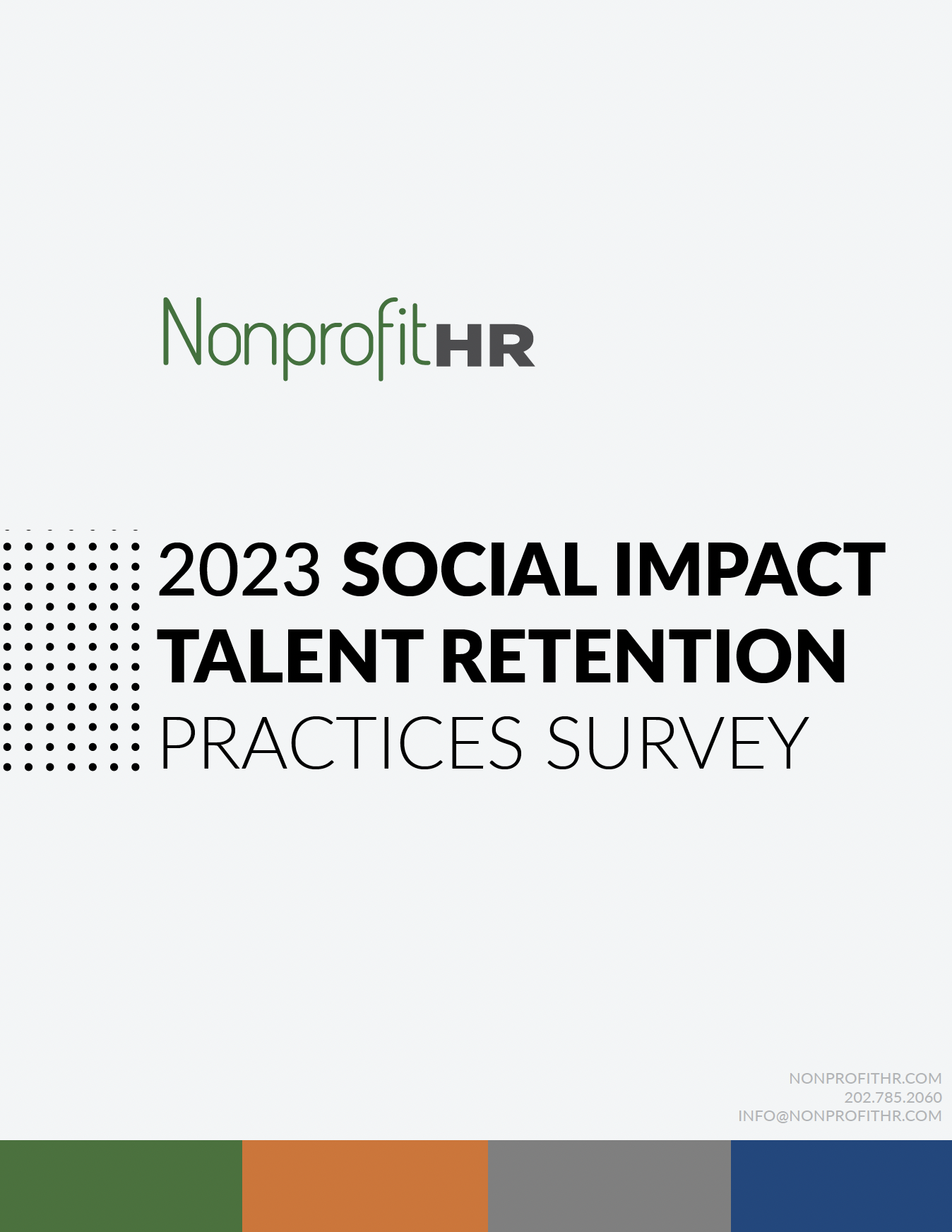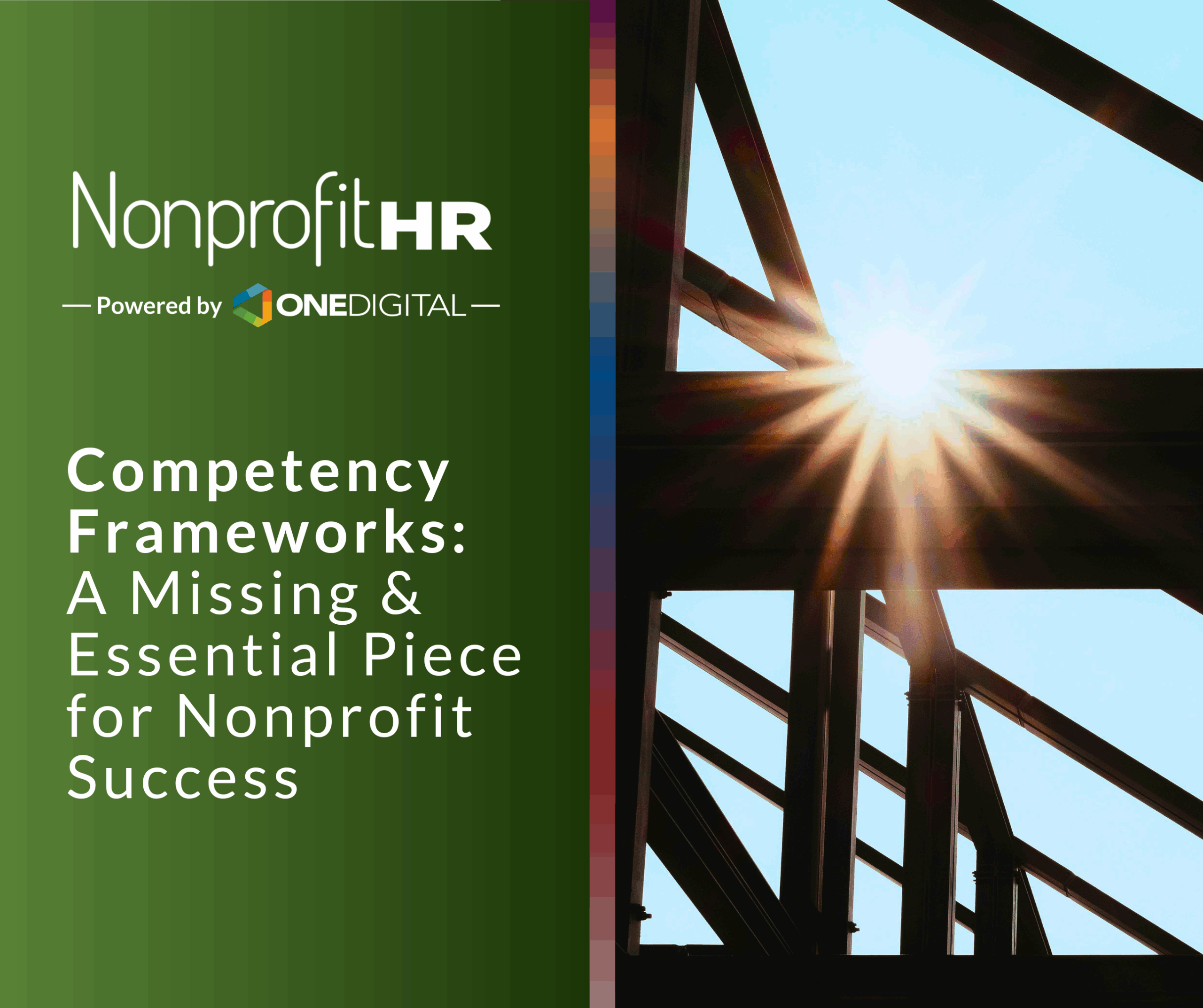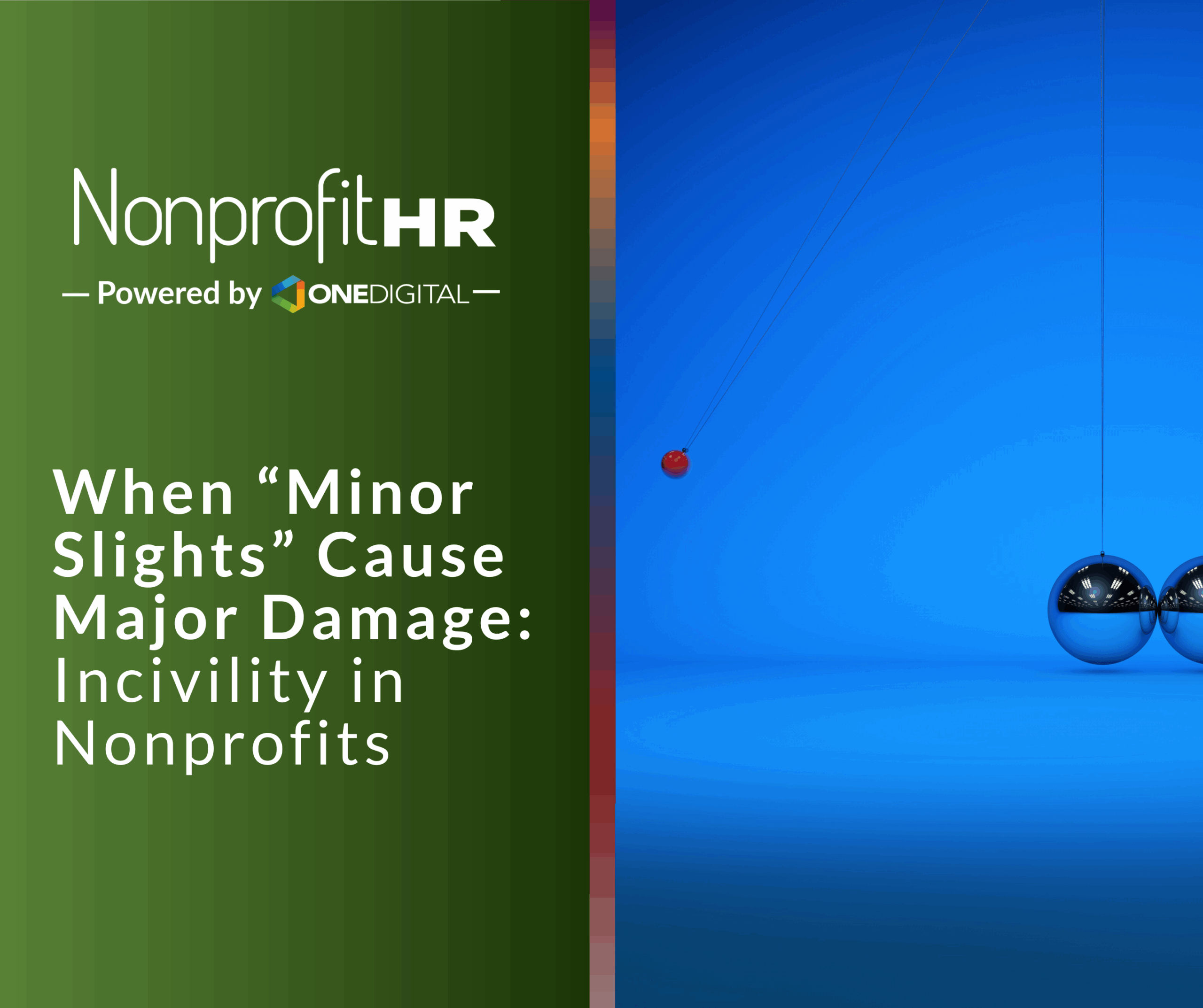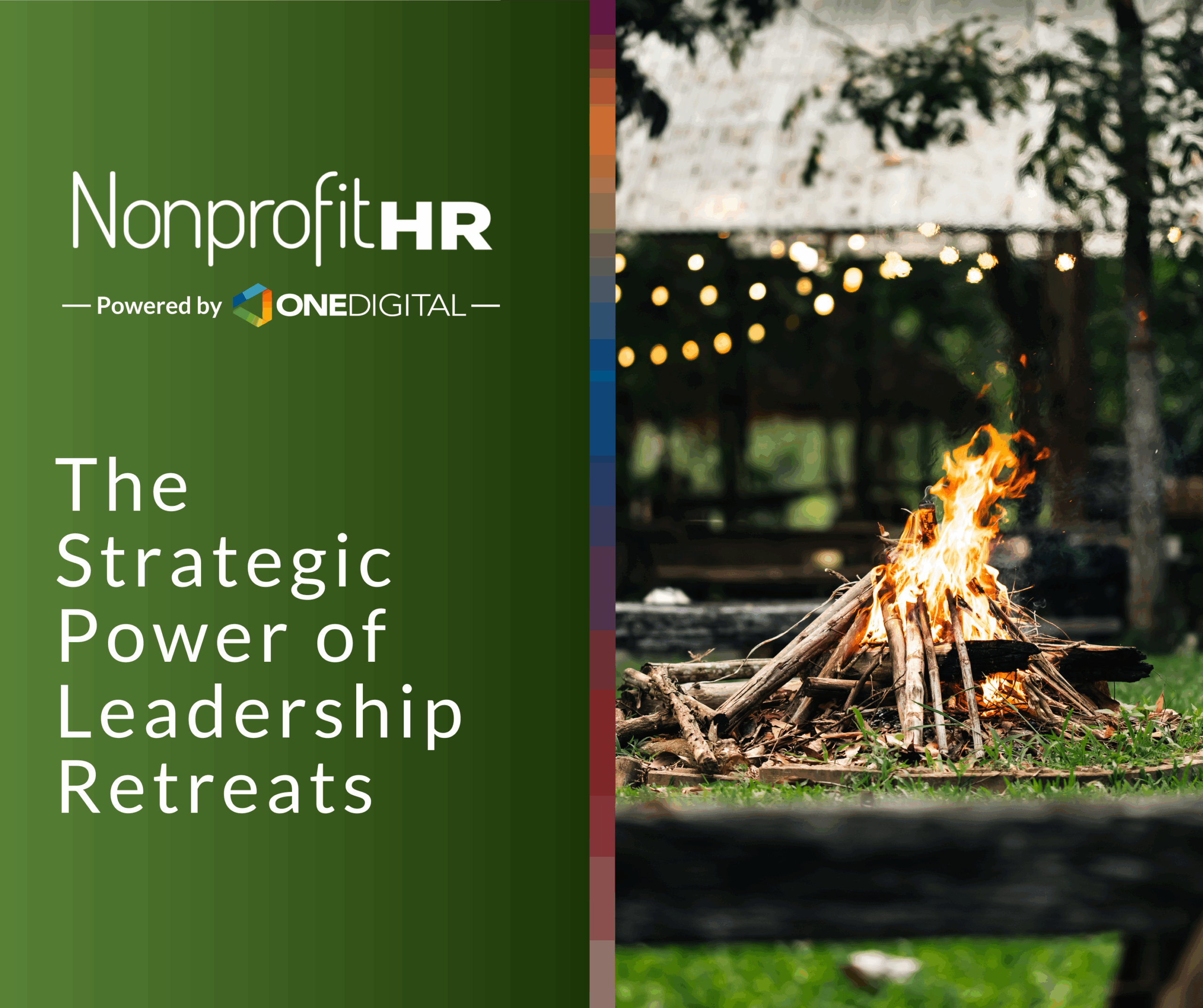WTOP: 5 ways nonprofits can…
In a world where talent is pivotal to organizational success, nonprofits stand at the nexus of unprecedented challenges in nurturing and retaining human capital. Our expansive study — drawing insights from over 300 participants in the 2023 Social Impact Talent Retention Practices Survey — unveils a clear blueprint for mastering talent retention in the progressive landscape of 2024 and beyond.
Unearthing the Core Determinants of Talent Mobility
The essence of our survey unveils three cardinal factors propelling talent turnover within the nonprofit sphere:
- Career advancement opportunities: Individuals in the nonprofit sector seek a vibrant ecosystem where career evolution is not only possible but actively encouraged.
- Compensation and benefits: A competitive compensation structure fortified with robust benefits is imperative, intertwining the passion for social impact with personal financial well-being.
- Work-life equilibrium: With unprecedented organizational demands, establishing a careful balance between professional obligations and personal well-being is paramount, necessitating flexible and compassionate operational frameworks.
Architects of Organizational Excellence: Leadership’s Role in Talent Sustenance
Leadership stands as the bedrock of organizational success, meticulously weaving the fabric of a nurturing and conducive work environment. Exceptional leaders cultivate ecosystems where clarity of purpose, opportunities for growth and a supportive culture flourish. They curate a landscape infused with:
- Innovative growth pathways: Leaders foster an environment brimming with dynamic growth and learning opportunities, ensuring that talent feels continually challenged, engaged and valued.
- Clear & transparent communication: A transparent conveyance of organizational objectives and vision, ensuring every member feels intrinsically aligned and contributory to the broader mission.
Navigating the New Paradigms: Mastery in Hybrid Workplace Models
The emergence of hybrid workplace models underscores the major shifts in talent management strategies in a post-COVID world. Trust materializes as the foundation of this transformation, fostering cultures where flexibility, autonomy and empowerment serve as the trifecta for retention success. The emphasis on a trust-centric culture fosters a work environment that is not just productive but also engaging and fulfilling.
Strategic Harvest: Implementing Stellar Retention Practices
Our 2023 Talent Retention Practices Survey data also informs critical strategies for positive retention outcomes, positioning social impact organizations at the forefront of talent excellence:
- Competitive compensation strategies: Aligning compensation structures with market competitiveness is a strategic imperative to attract and safeguard key talent.
- Structured growth ecosystems: Invest in structured growth and development initiatives that embrace learning, mentorship and innovation.
- Environment of recognition and empowerment: Cultivate environments where acknowledgment, respect and value reverberate, fortifying the organizational culture and ultimately the levels of engagement and belonging that support employee retention.
In the convergence of these strategies, nonprofits are empowered with a roadmap to navigate the landscape of talent retention with mastery and focus. Implementing these proven practices heralds an era where organizational sustainability and stability are not merely aspirational but a tangible reality where talent thrives and organizational missions flourish with transformative impact.
|
For the third consecutive year, Nonprofit HR is conducting our Social Impact Talent Retention Practices Survey. We designed the concise survey to uncover and share prevailing social sector retention practices across North America. We are excited to invite you to take a view the survey findings to evaluate and benchmark your HR retention practices against other organizations. After another year of changes and growth in the sector, we anticipate the survey will reveal some eye-opening, exciting shifts in the top focus areas. |
 |
Survey participants are generally from various social sector organizations, including nonprofits, associations, social enterprises and other mission-driven organizations. Organization mission types include education, healthcare, arts, human services and social justice.





























